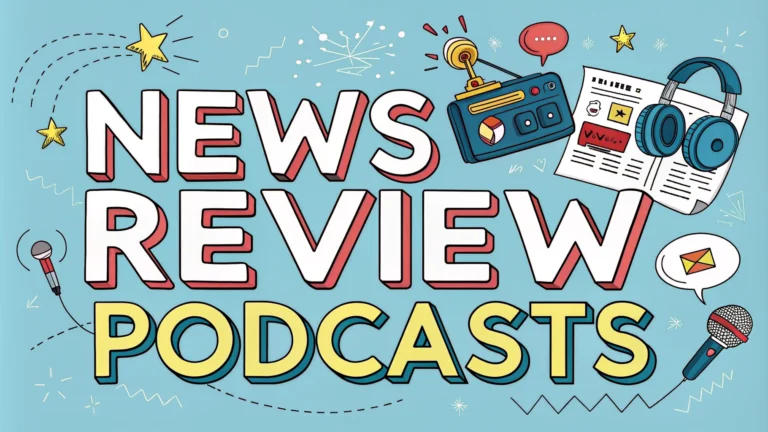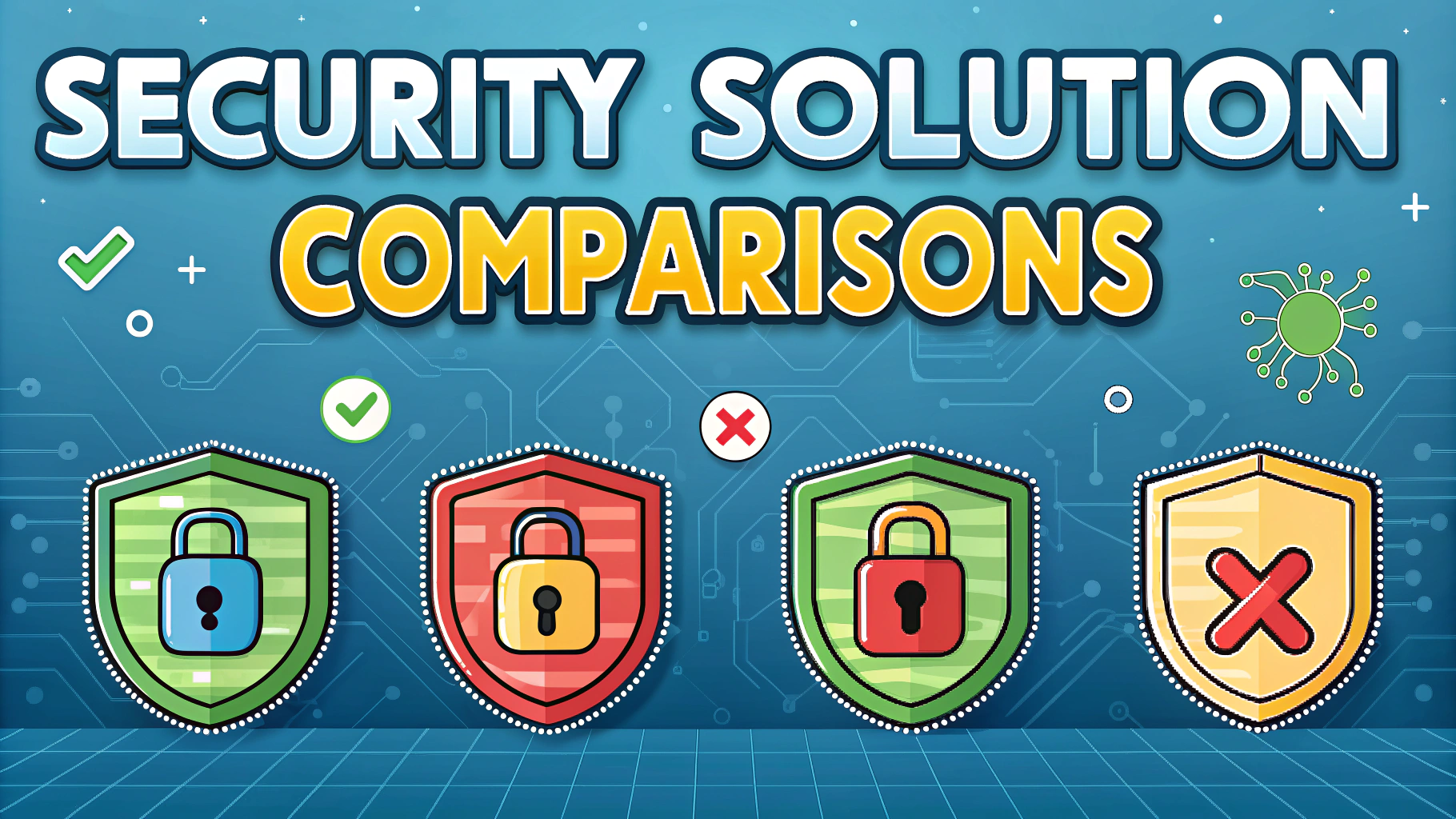News review podcasts focused on penetration testing help security professionals stay current with the latest threats, tools, and techniques.
These specialized audio shows feature expert discussions, tool demonstrations, and real-world case studies that inform both beginners and seasoned pentesters.
Finding quality podcasts can enhance your professional development while making commute time more productive.
Top Pentesting Podcasts Worth Following
- Security Weekly – Features in-depth technical segments and interviews with industry experts
- Darknet Diaries – Shares true stories from the dark side of the internet, including detailed penetration testing accounts
- Hack Naked News – Delivers weekly security news relevant to penetration testers
- Purple Squad Security – Focuses on offensive security techniques and tools
Key Features to Look For
- Technical depth in tool discussions
- Regular release schedule
- Expert guest speakers
- Real-world case studies
- Current vulnerability coverage
Learning Resources Mentioned in Popular Episodes
| Resource Type | Description |
|---|---|
| Online Labs | HackTheBox, TryHackMe, VulnHub |
| Books | The Web Application Hacker’s Handbook, Red Team Field Manual |
| Tools | Burp Suite, Metasploit, Nmap |
Making the Most of Pentesting Podcasts
- Take notes on new tools mentioned
- Follow up on recommended resources
- Join mentioned Discord communities
- Participate in discussed CTF events
Where to Find Quality Shows
Major podcast platforms like Spotify and Apple Podcasts offer dedicated cybersecurity categories.
Security conferences often list recommended shows on their resource pages.
Professional networks like LinkedIn feature curated lists from industry experts.
Taking Action with Your Knowledge
- Create a weekly learning schedule around release dates
- Practice techniques in lab environments
- Join mentioned communities for hands-on experience
- Share insights with your security team
Moving Forward in Your Security Journey
Combine podcast learning with practical exercises in lab environments to maximize your professional growth.
Connect with podcast hosts and guests through social media for networking opportunities.
Consider contributing to the community by sharing your own experiences and insights.
Supplementary Learning Methods
- Subscribe to corresponding YouTube channels
- Read show notes and transcripts
- Follow recommended Twitter feeds
- Attend virtual meetups mentioned in episodes
Building Your Professional Network
Engaging with podcast communities opens doors to collaboration and career opportunities.
Many shows maintain active Discord servers where listeners discuss episodes and share resources.
Networking Opportunities
- Virtual conferences mentioned in episodes
- Local meetups organized by listeners
- Online workshops with podcast hosts
- Collaborative CTF teams
Content Creation Opportunities
Consider starting your own security blog or YouTube channel to share insights gained from podcasts.
Document your learning journey to help others following similar paths.
- Write technical tutorials
- Create tool demonstrations
- Share lab walkthrough videos
- Contribute to open source projects
Elevating Your Security Expertise Through Audio Learning
Regular podcast consumption combined with practical application builds a strong foundation in penetration testing.
Stay committed to continuous learning by maintaining a balanced diet of audio content, hands-on practice, and community engagement.
Transform passive listening into active knowledge by implementing learned concepts in your daily security work.
FAQs
- What is penetration testing news review podcasting?
Penetration testing news review podcasting covers security testing updates, vulnerability discoveries, and cybersecurity trends through audio content, typically featuring discussions between security professionals and analysis of recent penetration testing developments. - Which are the most reliable penetration testing podcasts?
Security Weekly, Darknet Diaries, Risky Business, and Paul’s Security Weekly are among the most respected podcasts covering penetration testing topics with accurate technical information and expert insights. - How often should I listen to penetration testing news podcasts to stay updated?
Following weekly podcast episodes is recommended as most major penetration testing developments and vulnerabilities are typically covered within a 7-day news cycle in the cybersecurity community. - What topics do penetration testing podcasts typically cover?
These podcasts cover new vulnerabilities, testing methodologies, tool updates, compliance requirements, real-world breach analyses, offensive security techniques, and interviews with security researchers. - Are penetration testing podcasts suitable for beginners?
While some podcasts like Security Now and Defensive Security Podcast provide beginner-friendly content, many technical penetration testing podcasts assume listeners have basic security knowledge. - How can I verify the credibility of information shared in penetration testing podcasts?
Cross-reference information with official security advisories, CVE databases, vendor bulletins, and reputable security news sources like NIST, MITRE, and vendor security blogs. - What equipment do I need to start a penetration testing news review podcast?
Essential equipment includes a quality USB microphone, audio interface, headphones, audio editing software (like Audacity), and a quiet recording space with basic sound treatment. - How can penetration testing podcasts benefit security professionals?
They provide ongoing education, awareness of emerging threats, networking opportunities, certification preparation insights, and updates on new security tools and techniques. - What platforms host the most popular penetration testing podcasts?
Most security podcasts are available on major platforms including Spotify, Apple Podcasts, Google Podcasts, and dedicated cybersecurity platforms like Security Weekly Network. - Should penetration testing podcasts discuss zero-day vulnerabilities?
Ethical podcasts typically discuss zero-days only after responsible disclosure periods have ended and patches are available, following responsible disclosure guidelines.








